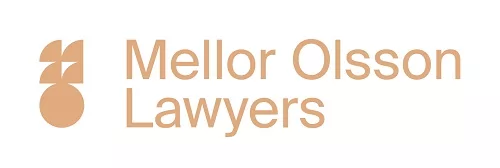Having only written on mandatory vaccinations last month, this article was going to be on anything other than COVID, such as the findings of the Select Committee on Land Access. But COVID has a way of forcing itself back into focus.
BHP recently introduced a requirement of mandatory vaccinations for its employees at its Mt Arthur coal mine in NSW. Unvaccinated employees were unable to enter the site, resulting in a number of employees being stood down as they could not provide proof of vaccination.
This decision was challenged by the Construction, Forestry, Maritime, Mining and Energy Union. The basis for this challenge was twofold, but centred on whether the mandate was 'legal and reasonable'.
The first aspect of the challenge was in relation to the enterprise agreement between BHP and the employees and whether BHP had satisfied the mandatory consultation requirements it contained. The second aspect related to the consultation obligations contained in the NSW Work Health and Safety Act, which apply to workers more broadly and requires mandatory consultation where workers are likely to be "directly affected by a matter relating to work health or safety".
On Friday the Fair Work Commission found BHP's vaccination mandate was unlawful. What is interesting from the decision is the Commission didn't find mandating vaccination was unlawful - to the contrary, it gave an indication that such a direction was, on a first impression, lawful. In noting there was a strong case in favour of a conclusion that the mandate was a reasonable direction, the Commission observed that:
- The direction was to ensure the health and safety or workers of the mine;
- The directive had a logical and understandable basis;
- It was a reasonably proportionate response to the risk of COVID;
- It was designed with the circumstances of this mine in mind, including that the workers could not work from home; and
- It was only implemented after the employer spent considerable time encouraging vaccination via various means.
Where BHP erred was it did not meet its consultation obligations under the NSW Work Health and Safety Act. The Commission indicated it was necessary for employees to be properly informed and be given a genuine opportunity to express their views. Irrespective of whether there is an enterprise agreement or an award that applies, under the relevant work health and safety act, it will be necessary for a business to consult with workers when a decision is being made about health and safety matters.
Given the similarities between the NSW and SA Work Health and Safety Act, it will be important for any employer to carefully consider what consultation is required to be undertaken.
On behalf of everyone at Mellor Olsson Lawyers, we hope you have a safe and joyable festive season.
The content of this article is intended to provide a general guide to the subject matter. Specialist advice should be sought about your specific circumstances.

